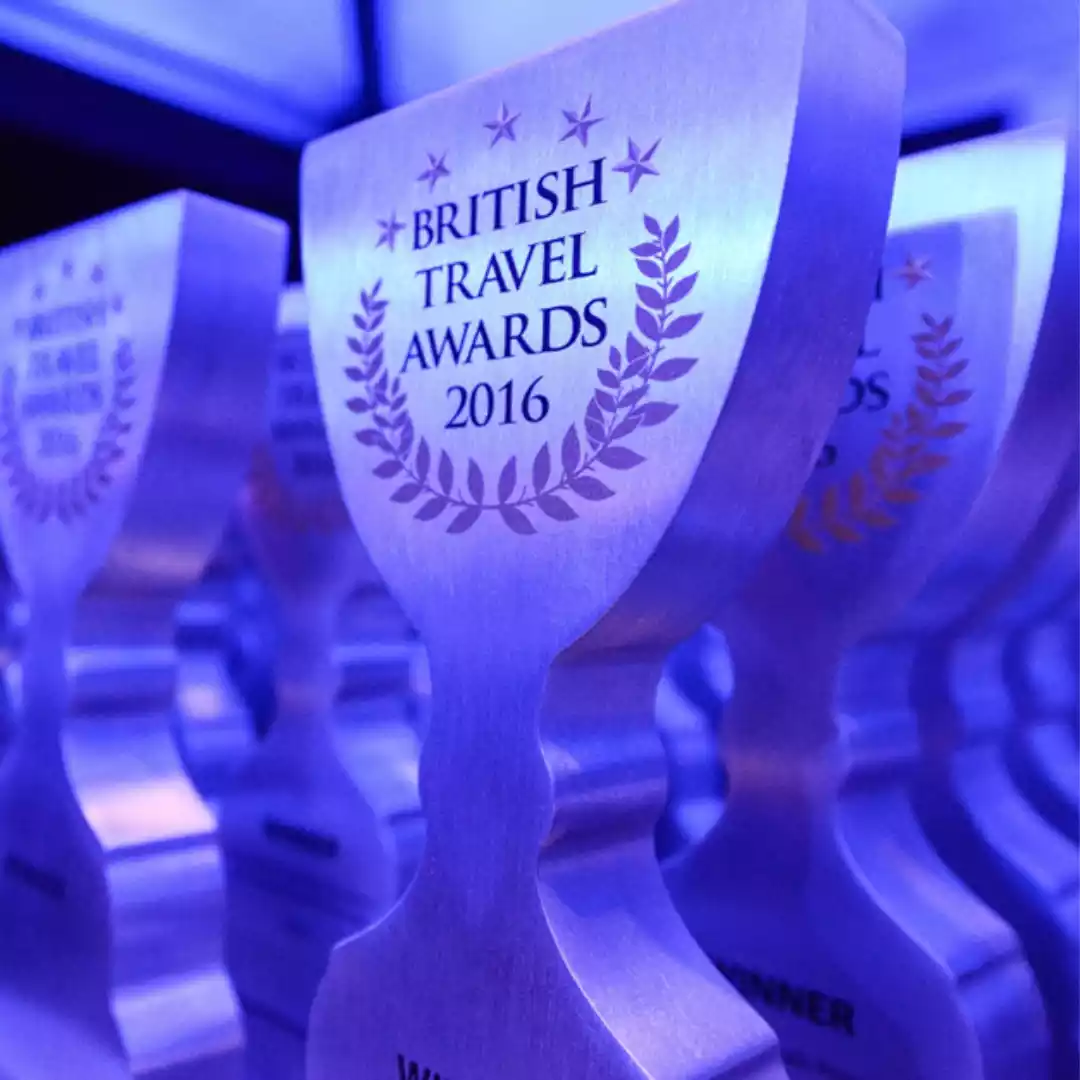Flights:
- Usually the later you book the more expensive the ticket. However, if you are flexible on where and when you travel, you may find a late booking bargain through a package holiday or Charter-flight company.
- The best time to book is roughly 8 weeks before flying. Guardian (UK)
- The best time of year to make your booking is either end of August/beginning of September or end of December/beginning of January. Time (US). This may not apply for flights within the Southern hemisphere where there may be different buying patterns and flying seasons.
- Mid-week flights tend to have the cheapest airfares.
- Airline tickets on less popular early morning/late night flights will often cost you less.
- Airport choice – you may find that it pays to choose a flight from/to a neighbouring airport.
Hotels:
Staying in a hotel can be a great way to feel looked after on your holiday. By having a break from your usual everyday routine, the moment you arrive at the hotel and things such as cooking, cleaning and tidying up is done for you, you automatically feel pampered.
Booking a hotel in advance
Booking a hotel way in advance has the obvious benefit of more options when it comes to available hotel rooms. It also offers peace of mind that you will have a room ready for you once you arrive at your destination, without having to see if one is available.
1.Be flexible with your arrival and departure dates. When you’re booking a hotel in advance, it is best to be as flexible as you can with your dates of arrival and departure, as hotel rates can vary greatly on different dates and days of the week.
2.Shop around for different rates. It is also very important to shop around when searching for hotel accommodations well in advance, as prices can also vary quite a bit on different sites, and of course from different hotels, as well.
Booking a hotel last minute
Booking a hotel at the last minute can definitely save you a lot of money, as hotels are keen to fill up their empty rooms. However, the fact that these left over rooms are the only ones left to fill means that your selection of available rooms will be a bit more limited, as some hotels may not have occupancy available at the time. If you’re not very picky on where you end up staying and are simply looking for an affordable rate, you may want to wait until the last minute to find a hotel to book for your stay.
1.Look for deals online. You can find huge discounts for booking a hotel the night of by searching on different hotel booking and comparison websites.
2.Search for a hotel upon your arrival. Another option for booking a hotel at the last minute is to search the area for hotels upon your arrival and check in with a few to see what their best rates are for checking in that night. However, this could be more hassle than you’re prepared for.
3.Try to negotiate. If you’ve waited until the last minute and aren’t shy to ask for a bargain, you may find that haggling with the hotel may get you an even better rate.
Our Facebook page helps us update our customers, friends and others about how we’re getting on, what’s new and by giving them some useful links to tips and advice.
Like our Facebook page today!
Like Us
Twitter allows us to interact with customers and followers straight away and just allows us to solve any queries or problems to do with our specialist insurance service.
Follow us on Twitter today!
Follow Us
1. Know the rules
- Take a note of the number of bags you can check-in at the airport. In most cases it’s one piece per passenger, but make sure you’re not over the weight allowance – on EasyJet you can check in up to eight pieces of luggage but their combined weight isn’t allowed to exceed 20kg (44lb) and if it does you’ll be asked to pay a hefty fine for the extra weight. Weigh your luggage on a scale before you leave home so you aren’t greeted by any unexpected costs.
- You’re allowed to take more than one piece of hand luggage with you on a plane, but size restrictions still apply. For British passengers, bags larger than 56cmx45cmx25cm are forbidden. For further information, please visit www.gov.uk
- If placed in your hand luggage, any gels, liquids, creams and pastes have to be in containers of no more than 100ml and placed in a transparent resealable plastic bag no larger than 20x20cm.
2. Buy the right suitcase
- Size is crucial. If the bag is too big, your case might not fit into the boot of the hire car or taxi; too small and you’ll have to sit on the lid to close it, which makes it more susceptible to breaks. An expandable case can help solve most space issues.
- A hard shell on a case can add up to 10lb of dead weight, but it does offer the contents of your luggage more protection from damage, thieves and sudden downpours. A soft-shelled case will look smarter for longer and is easier to manipulate in terms of storage space.
- 70% of suitcases on any given luggage carousel are black. Make yours stand out – but just to you. Don’t advertise your bags to thieves, but make your case easy to identify.
3. How to pack and unpack
- Whether you fold, roll or bundle or wrap in tissue or plastic, the key is not to over-pack. Squashed clothes are creased clothes and the same is true of clothes that are too loosely packed, as they crease from rolling around inside the case against one another.
- Don’t put wrapped gifts inside checked luggage. If your case is opened for inspection, wrapping will have to be removed.
4. Keep it safe
- A suitcase is easily parted from its luggage label. Always put on more than one with details of your flight and destination inside.
- If two or more people are travelling, split belonging between checked luggage so if one case goes missing, each of you will still have a change of clothes.
- If you’re late to check in, the chances are your luggage won’t make it onto the flight, even if you do.
- Always lock your checked bags – an unlocked suitcase could invalidate your insurance.
- If you are travelling to America, you must use cases fitted with Transport Security Administration-approved locks, or a TSA-approved padlock or strap. For further details, please visit www.tsa.gov
- There are loads of tracking services for luggage available, research some and see if they would suit you.
Remember, should the worst happen and you lose your luggage:
- 85% of all lost luggage is found within 48 hours
- If your case has not appeared by the time the carousel stops, check the tag of any unclaimed case similar to yours, someone may have mistaken your case for theirs.
- If your luggage is missing, even if you’ve been told it’s on the next flight, you have to fill out a Property Irregularity Report before you even leave the airport.
- Check your travel insurance to see if lost or delayed luggage is covered.
You have so many things to remember before you travel, so Insurancewith have created a travel checklist to give you a helping hand:
- Before you travel, check the FCDO (Foreign, Commonwealth & Development Office) travel advice for the country you plan to visit. Visit the FCDO website or follow @FCDOtravelGovUK on X for the latest travel updates and guidance.
- Find out where the nearest British embassy will be in relation to your holiday destination.
- Sort out travel insurance – Insurancewith provide cover for customers with pre-existing medical conditions, allowing you to go on holiday without paying excessive premiums.
- As of 2025, UK residents travelling to Europe must apply for an ETIAS travel authorisation (€7, valid for 3 years). Travel remains limited to 90 days in any 180-day period. From October 2025, the Entry/Exit System (EES) will require a photo and fingerprints on first entry to the Schengen zone. Make sure your passport is valid for at least 3 months after travel. Check the GOV.UK website for the latest updates.
- Check with your doctor whether you need any vaccinations before you travel.
- Make sure you have got the correct visas for the country you intend to visit.
- Make sure your passport is valid for the dates you plan to travel. Some countries require your passport to be valid for 3 to 6 months after you arrive. Be aware, it can take up to 6 weeks to apply for or renew a passport, so check early to avoid any last-minute stress.
- Tell friends and family where you are travelling to and leave them your contact details, travel insurance policy details and your itinerary – this will help in case of an emergency.
- Make sure you have enough money to cover emergencies.
- If you intend to drive abroad, make sure your licence is current and valid. Make sure you are aware of the driving laws in the country you are visiting.
- Sort out your hand luggage – make sure you are packing essentials and complying with airline rules.
- Check with your airline for flight delays.
- Keep all tickets, visas, foreign currency and passports safe – store them in a secure travel belt or bag, and keep them with you at all times.
- Check your house is safe before you leave – make sure all switches are turned off, in the winter, also make sure the water is off to prevent pipes from freezing, and all windows and doors are securely locked.
















